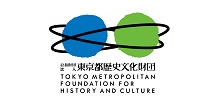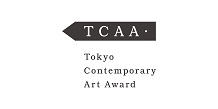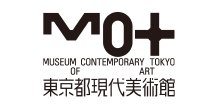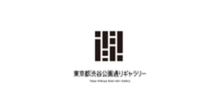Jesse CUMMING
- TOP >
- Archives >
- Residency Program >
- Jesse CUMMING
Research Residency Program
update: 2020.1.8
Jesse CUMMING
| Participating Project | Research Residency Program |
|---|---|
| Activity Based | Canada |
| City | Tokyo |
| Period | 2020.1- 2020.2 |
Purpose of the residency
I am pursuing research that will inform of an exhibition, a touring screening programme, and a catalogue. While in Tokyo I hope to conduct research at a number of archives, museums, and organizations. I wish to examine various source materials, such as texts and promotional documents, photo documentation of videos workshops and exhibitions, as well as moving image material itself. In addition to time spent doing research in specific locations, I hope to conduct interviews with a number of artists who reside in Tokyo, including the Canadian-born Michael Goldberg as well as members of collectives Video Hiroba and Video Earth Tokyo.
Plan during the residency
・Undertake research in archives and libraries: : Keio University Art Center [Sogetsu Art Center Collection], Mori Art Museum, Museum of Contemporary Art Tokyo, National Art Centre, The National Museum of Modern Art
・Undertake research in specific institutions related to film, video, and photography: Tokyo Photographic Art Museum Library, VIDEOART CENTER, Postwar Japan Moving Image Archive, National Film Archive, Image Forum
・Undertake research in specific technological archives: Sony, JVC, and more.
・Conduct interviews with artists, curators, and other key figures in Japanese video art, including Michael Goldberg, Ko Nakajima, Keigo Yamamoto, and more.
Activities during the residency
Jesse Cumming is a curator, researcher, and writer based in Toronto, Canada. During his time at TOKAS he undertook research for a future exhibition about video art exchanges between Japan and Canada from the late 1960s to the early 1980s, exploring the transnational circulation of technology, pedagogy, and artistic trends. While in Tokyo he examined primary materials in archives, libraries, and the person collections of artists, while also interviewing key figures involved in the early history of video in Japan.
Outocomes of the residency
While in Tokyo I was able to learn a great deal about the context for context for artistic production in the late 1960s through the early 1980s, particularly the relationship between corporate institutions and artists. A number of the interviews I conducted will inform writing for a publication that is slated for 2020, related to the exhibition I have been researching. Key challenges involved gaining access to the archives of corporations like Sony, Toshiba, Akai, etc.







